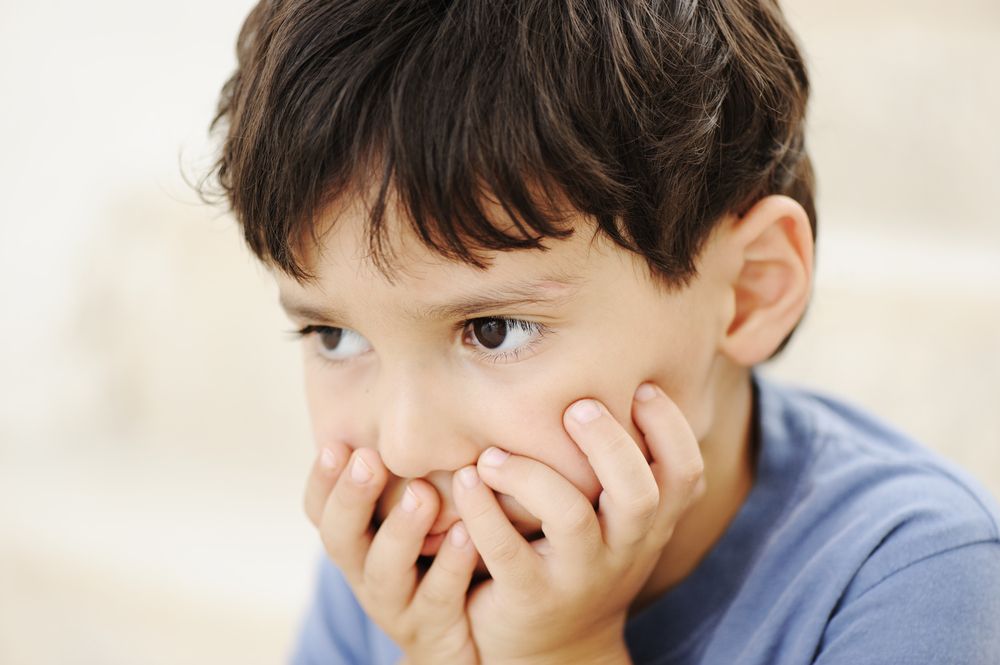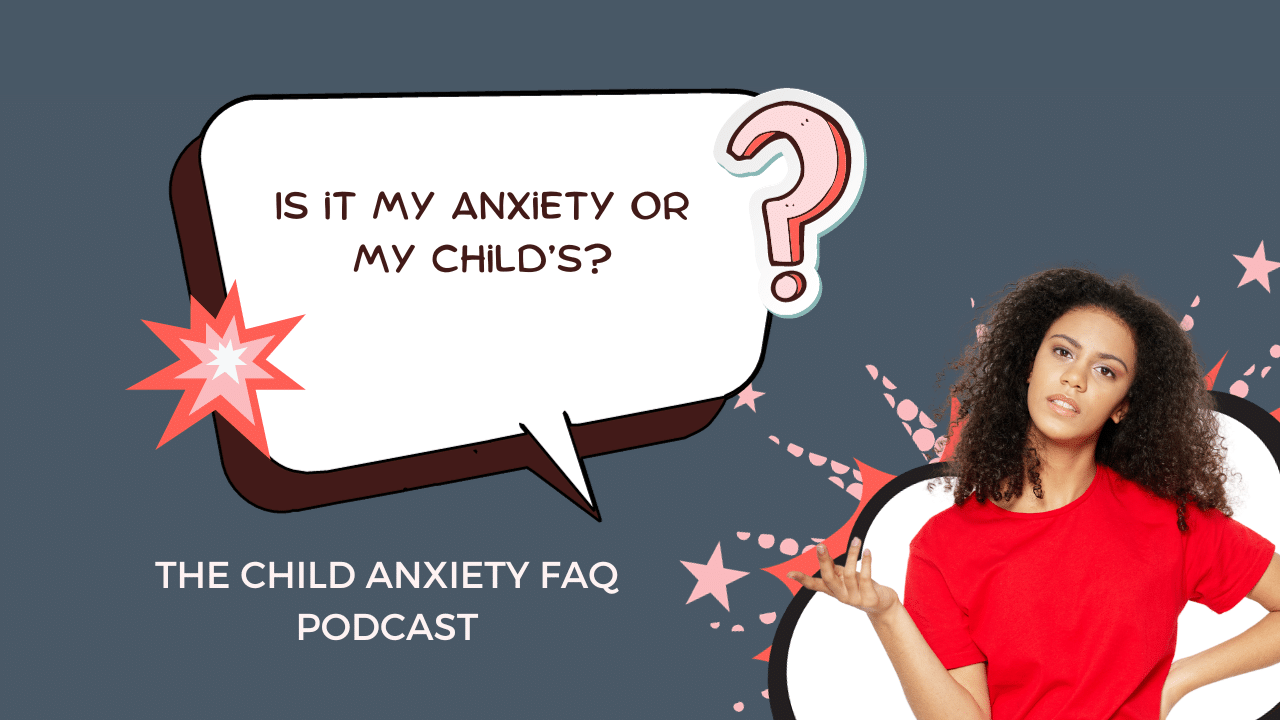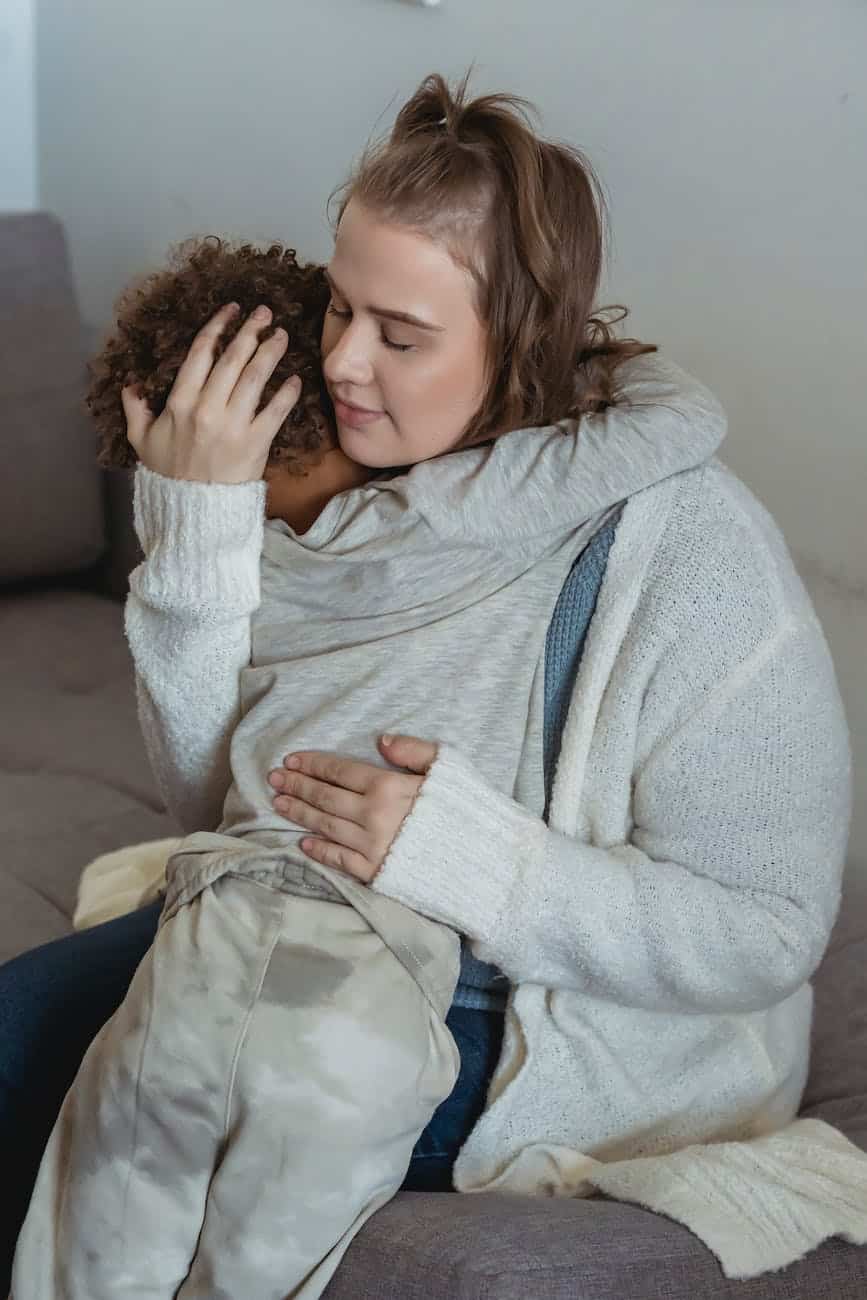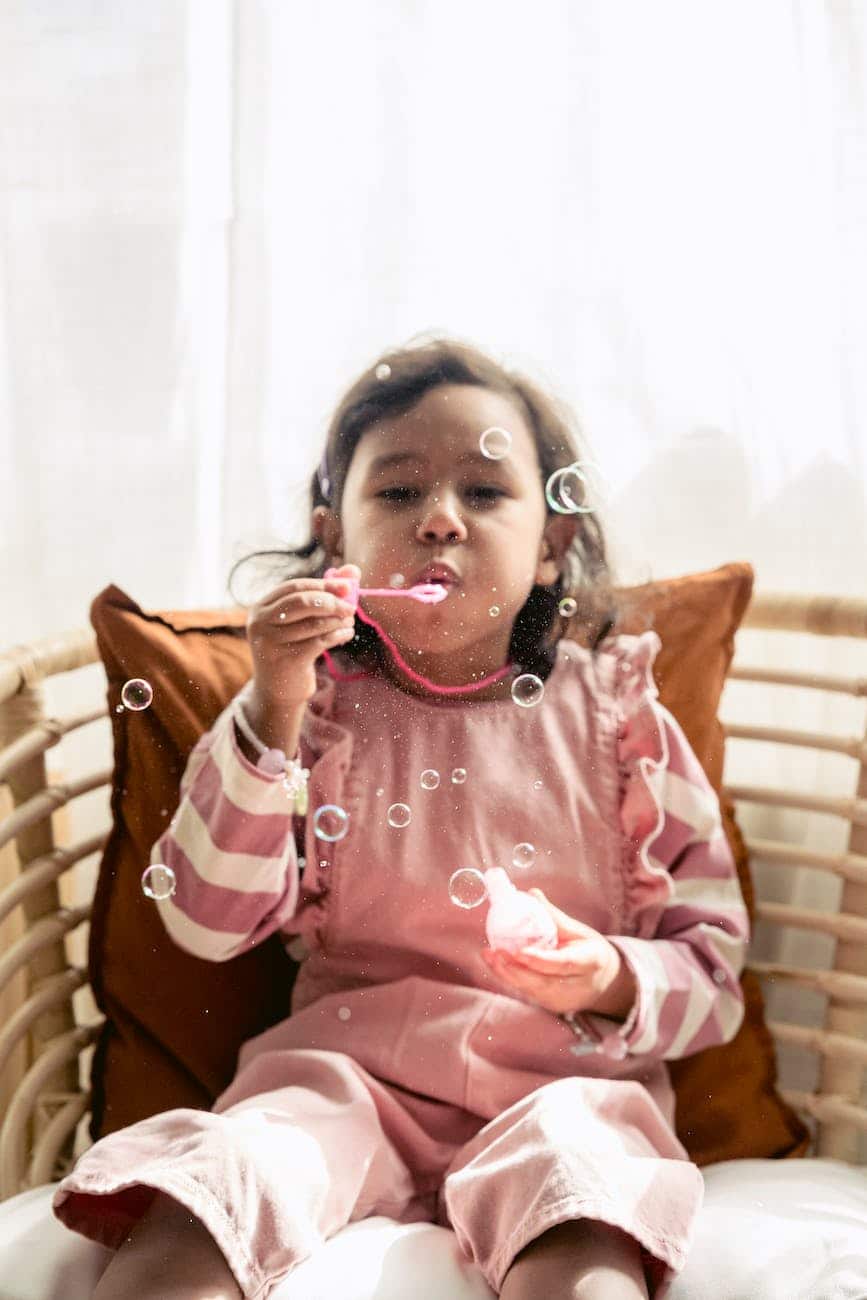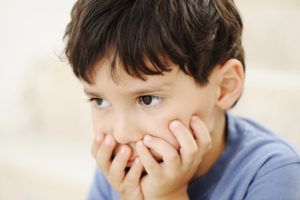
When I taught preschool getting over grates on our walks was an effort. Our school was on the edge of downtown so our walks took us across parking lots and sidewalks and inevitably over storm sewer grates. Half the kids would stop to holler at the Ninja Turtles (it was the early 90s and Ninja Turtles and Power Rangers were the heroes of the day). And a few would stop cold — halting the line — rather than walk across the grating.
Was it the lurking turtles? The fear of falling through (that was my fear as a 3-year old)? It doesn’t matter, they were scared.
It doesn’t matter that grown ups don’t get it and our reassurances only go so far. It’s one thing to hear that you can’t fall through holes so small; it’s another thing entirely to believe it. We as grown people know that you can’t go down the drain but their visceral fear tells them to beware. We know that the daycare teacher is the same person even though she’s changed her hair but to a child she’s an uncanny stranger. It takes time and exposure to learn to trust the bold bewildering world.
To sensitive children, even tiny changes can feel like very big deals. The wind picks up and right away they know there’s a storm coming; a storm with thunder. And so they run terrified to the car, refusing to stay at the park.
Developmentally it makes perfect sense.
Think about things that scared you when you were small — vacuum cleaners, big dogs (and all dogs are big when you’re little), dark closets with the doors cracked. What made them scary to you? Was it the noise? The unpredictability? Or the deep unknown? At heart you were scared because you were small and vulnerable.
Children literally depend on their parents for their survival and so they are primed to get afraid and run for reassurance. This makes good evolutionary sense when you live in a world with sabertooth tigers, right? But children don’t have the life experience to know that an automatic flush toilet won’t kill us.
When we’re little the fear seems never ending because we are too inexperienced to know that there is the other side. We can’t imagine a time when we will be able to trust that the vacuum cleaner might slip and suck us up, too. It’s unfathomable to a small child to face the chaos of the noise vacuum and stand strong. How much easier (and more prudent) is it to run from the room or climb up on the couch where they know it can’t get them.
Children need help to confront their fears. They need validation but not coddling, which is tricky for parents who are are used to stepping in and soothing when their children are upset. Finding the right balance of empathy and encouragement is key especially for highly sensitive children who are attuned to every environmental shift and every parental emotional response. The more children are given the support to face their fears, the more powerful they will be as they grow and move into the world under their own protection.

